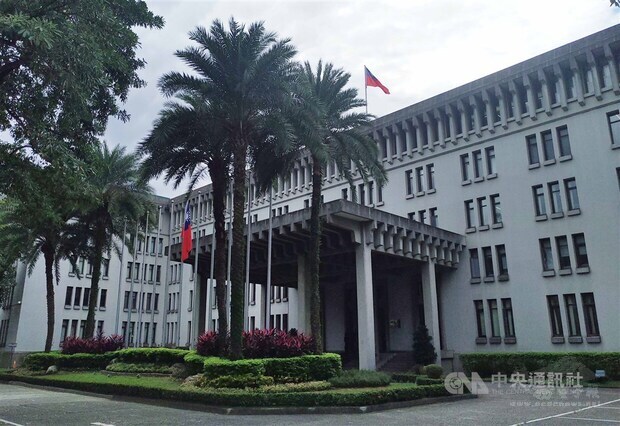
Taipei, April 12 (CNA) Taiwan has conveyed its concerns to Tokyo over Japan's possible strategy of dumping wastewater from a disabled nuclear power plant into the Pacific Ocean, a Ministry of Foreign Affairs (MOFA) official said Monday.
According to a report from NHK, Japan's public broadcaster, the Japanese government could announce as early as Tuesday a plan to release wastewater from the Fukushima Daiichi nuclear power plant into the ocean.
The NHK report said the water, which is being used to prevent further meltdowns in the plant's broken reactors, will be treated and diluted to eliminate radioactive materials other than tritium, and cited the government as saying it can be safely dumped in the ocean.
Asked about MOFA's reaction to the report during a legislative hearing, Deputy Foreign Minister Tien Chung-kwang said MOFA has instructed Taiwan's representative office in Japan to express concerns over the plan and to closely monitor related developments.
Tien said Japan should share information with Taiwan on any plans related to nuclear safety in accordance with a memorandum signed between the two sides in 2014.
He noted that Japan's government has not made a final decision on the plan and that it has been strongly opposed by Japanese fishermen.
The power plant has been shut down since several of its generators partially melted down in 2011 after a massive tsunami and earthquake hit the area.
Water used to cool down the nuclear reactor cores is stored in huge tanks inside the power plant compound, and those tanks are expected to reach their full capacity next year as the plant continues to generate large amounts of radioactive water after it has cooled melted fuel.
Even if Japan gives the plan the go-ahead in the near future, plant operator Tokyo Electric Power Company Holdings said it will take around two years before the discharge begins, according to Japanese news site Japan Today.
Meanwhile, Greenpeace Taiwan said in a statement that its East Asia chapter has collected more than 183,000 signatures from petitioners who oppose the plan.
"Some of the radionuclides to be released have a lifespan of thousands or tens of thousands of years. The decision to release the contaminated water into the ocean will leave huge troubles for the future," the statement warned.
"The Japanese government should continue to store the contaminated water in the Fukushima Daiichi site while developing technology to remove radiation," it said.